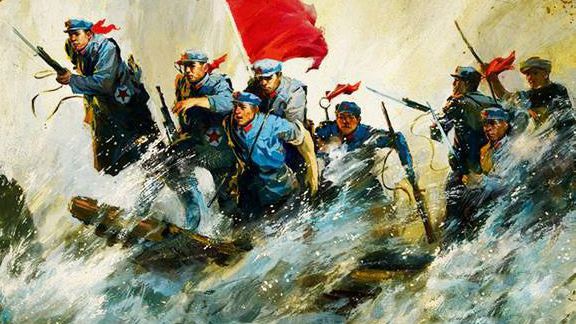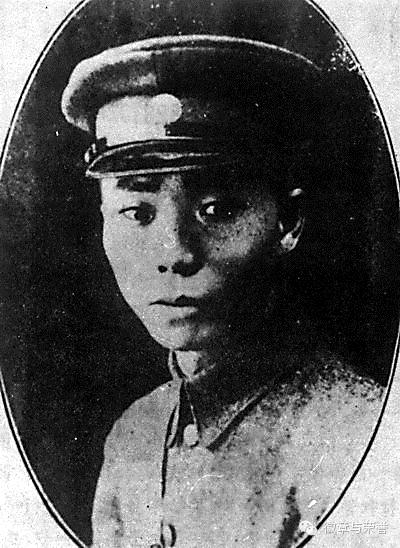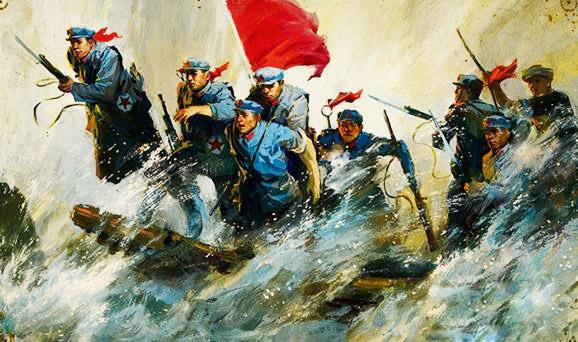
Politics
14:15, 06-Oct-2016
A foreign hero of the Long March: Bi Shiti
Updated
10:18, 28-Jun-2018

Bi Shiti, a Korean leader of the Chinese Red Army during China’s civil war between 1927 and 1937, showed bravery and resourcefulness in leading the charge.
Bi, born in 1898, enrolled in the Huangpu Military Academy in 1925. Inspired by the words and spirit of Zhou Enlai, Bi joined the Communist Party of China secretly in 1925.
In October 1934, the Red Army began the Long March. As Chief of Staff of an important combat force, Bi’s outstanding military exploits included leading the Red Army to seize Tong’anzhou (since renamed Tong’an town) in southwest China's Sichuan Province.

Tong’anzhou is strategically situated and difficult to access. Commanding the place can make it much easier for the army to control the Jiaopingdu ferry crossing, a main entrance to Sichuan.
Bi followed the instructions from the Military Commission and undertook the vital task to occupy Tong’anzhou.
As the battle began, the enemy secured a favorable position against the Red Army, forcing the communist soldiers to take a narrow path twisting up a cliff in counterattack. It was this maneuver that the foreign warrior led under a hail of bullets.

The other soldiers imitated his tactic of finding cover and the army eventually took Tong’anzhou, which ensured the safety of the main force of the Red Army as they crossed the river at Jiaopingdu.
Bi was also a frontline commanding officer when the Red Army tried to scale the snow-covered Minshan Mountain, break through the dangerous Lazikou mountain pass, capture Hadapu town, pass through the blockade of the Weihe River to eventually reach Wuqi town in the northern Shaanxi Province in October 1935, towards the end of the Long March.

On February 22, 1936, Bi shed the last drop of his blood on the banks of the Yellow River as he was leading the army to cross the waterway and boldly march to the front line of the war against Japan. He was Chief of Staff of Division 75 in Corps 15 when he died at 38 years old.

SITEMAP
Copyright © 2018 CGTN. Beijing ICP prepared NO.16065310-3
Copyright © 2018 CGTN. Beijing ICP prepared NO.16065310-3